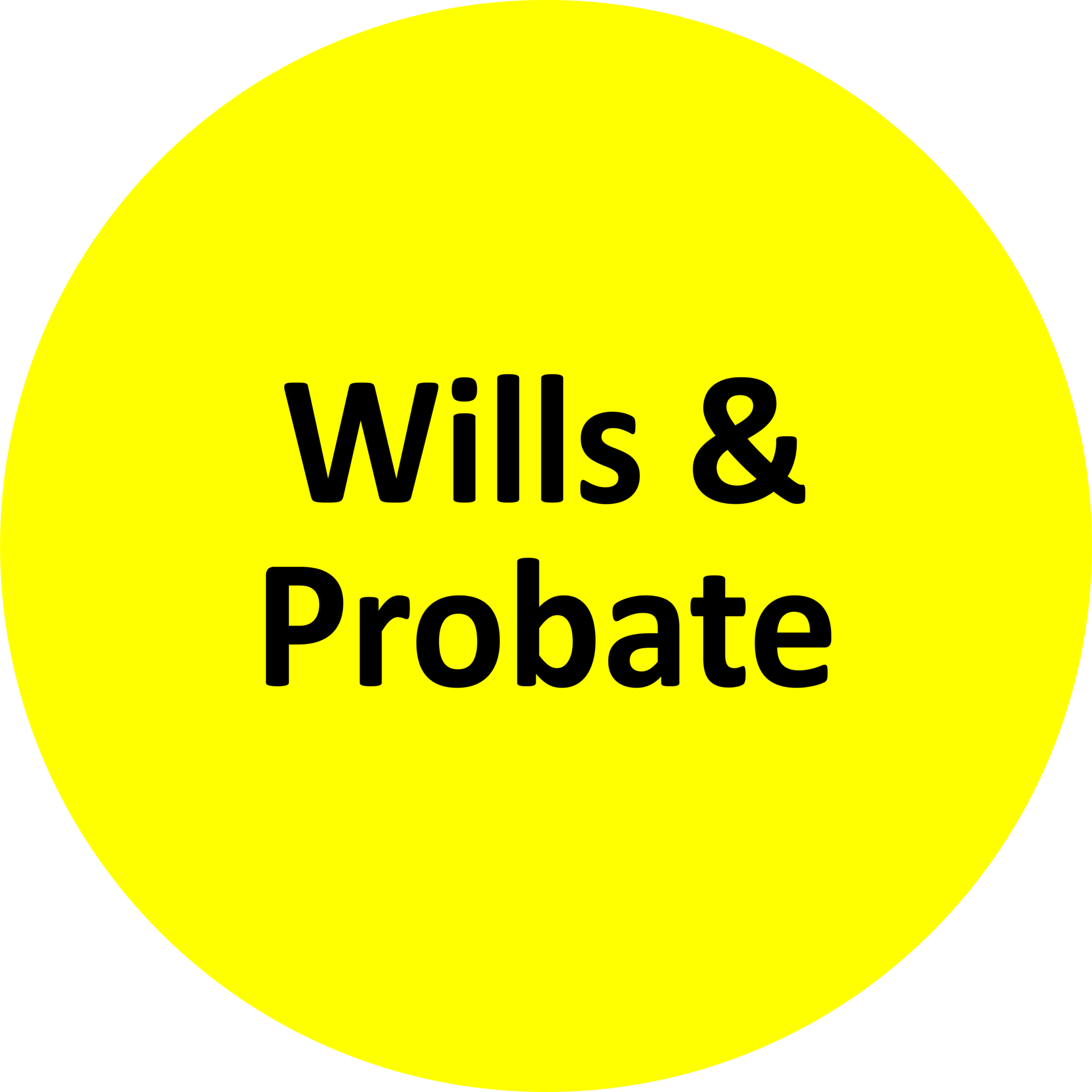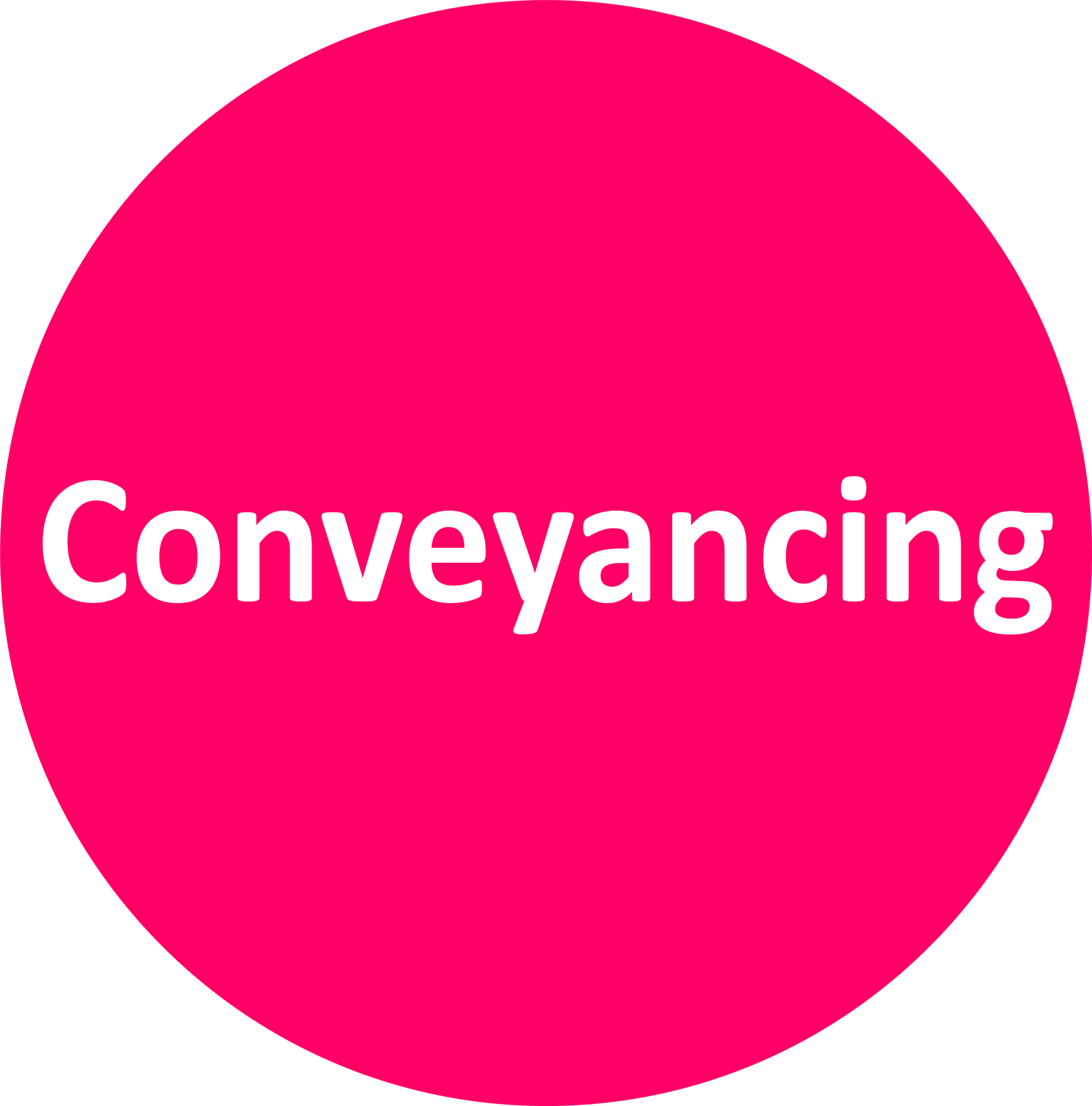Easements
Posted on 22nd November 2018
What is an Easement?
MG Legal, Conveyancers in Manchester, see Easements as being like vouchers or IOU’s. The Land Owner gets a right (or a voucher) to use, or in some cases not use, the land in a certain way. For example, the land may grant you one voucher to cross next doors land.
However; certain conditions must be met before an easement can exist, namely:
(a) As is every relationship one must get it better than the other! That is; there must be a piece of land that gets the benefit of the land (dominant) and a piece of land that has the burden of it (servient).
(b) The right must benefit the dominant land
(c) the dominant and servient (…get your head out of the Gutter we are not talking 50 Shades, we’re talking pieces of land!) must not both be owned and occupied by the same person; and
(d) the right must be capable of being granted by deed, so therefore they must usually be:
(i) within the general nature of rights capable of being easements, and
(ii) sufficiently definite.
Three main ways in which an Easement can be granted:
Are you excited for the magic? We Property Solicitors in Preston, sure know how to build excitement!
1. Express Grant or reservation: -
• Easements are most frequently created expressly, usually when the owner of land sells part of the property
Example 1: you own a piece of land fronting the road and you sell the rear of the land to someone. You might need to grant the buyer a right of way in favour of the land you sold so that he can get to the road.
Example 2: you own the same imaginary piece of land, but you decide to sell the front of it instead. You would then have to reserve a right in favour of the land you don’t sell so that you can still get to the road.
• For the imaginary scenarios to take effect as Easement’s, the right would have to be created by deed and granted to an estate in fee simple (complicated way of saying the best way of holding freehold land) or for a term of set years.
• If the land is unregistered, then the Easement will be automatically binding.
• If the land is registered, then the Easement must be registered on the charges register.
• Where both the dominant and servient land is registered then the Easement should be registered on both titles.
2. Implied grant or reservation
• These Easements can only be created in a sale of part.
• They may be impliedly granted to the buyer of the part sold land or reserved in favour of the land retained even though the parties have failed expressly create the Easement
• Remember the rules for an implying a grant or Easement are far generously interpreted than that of an implied reservation. Sad as the case may be; think consent, there are often many ways someone will argue consent was given/implied. There are many less ways to argue that consent was not given.
• Generally; creating Easements in this manner is not done often because it is unclear. By creating Easements by Deed, you are far less likely to fall out with your neighbour over who should be maintaining the driveway.
3. Prescription
• This is when a legal Easement can be presumed to have been granted because there has been a long and continuous use of those rights.
• You can claim that the Easement has been granted using common law or more commonly under the Prescription Act 1832 whereby the period of uninterrupted use must be at least twenty years.
• Where the land is unregistered, a legal Easement created by prescription is automatically binding and needs no registration.
• If the land is registered, then provided certain criteria are met, then the easement will take effect as an overriding interest.
Extinguishment of Easements:
Yes – you guessed it … there are three ways to get rid of an Easement
1. Unity of ownership
• So, if you decide to buy back that imaginary piece of land you sold earlier and the two pieces of land which were considered servient and dominant are now owned by you again then the Easement is no longer in place.
• If this happens then the Easement, is not automatically reinstated if you decide to sell again.
2. Express release
No, I’m not talking diarrhoea and a cough here…
• Express release in this sense is when the dominant owner expressly ends the Easement
3. Implied release
• This happens in situations where by the dominant owner has abandoned the easement
• For example if you had an easement to be given right of way across the Secret Garden but you forgot where the door to the Secret Garden was twenty years ago and you didn’t have a little girl to find a key and grant you access to said garden then you have abandoned the easement because you’ve been a non-user of the Easement.
Cool story bro…. how does it affect me?
If you’re considering a transaction, for example, conveyancing Preston or property law in Longridge then Easements will have a duel importance in most conveyancing transactions.
(1) A buyer needs to ensure that the land being purchased has the benefit of all the relevant Easements. It’s no good buying land in the middle of nowhere if the only way to get to it is to parachute there from a helicopter!
(2) You must establish what easements affect the land. If, for example, you are buying the land to develop it but there is a right of way across the middle of it then this could cause problems to the development and you need to know about this as early as possible in the transaction.
(3) I really wish I had a point three here so that we could keep the magic alive. As I don’t, I’ll sign off by saying that MG Legal don’t need magic because we can assist with all your conveyancing needs, big or small. What’s more is that you don’t need to be magic to understand what is going on with your transaction when MG Legal are acting for you because we will be sure to explain and advise you in all legal aspects of your sale, purchase or transfer.
MG Legal - Your Local Solicitors
Tagged as: Buyers, Conveyancing, Conveyancing Solicitors Preston, First Time Buyers, Garstang Solicitors, Lancaster, Lancaster Law, Lancaster Property Law, Lancaster Solicitors, Longridge, MG Legal, Property Advice, Property Solicitors Preston, Solicitors Preston, Your Local Solicitors
Share this post:








